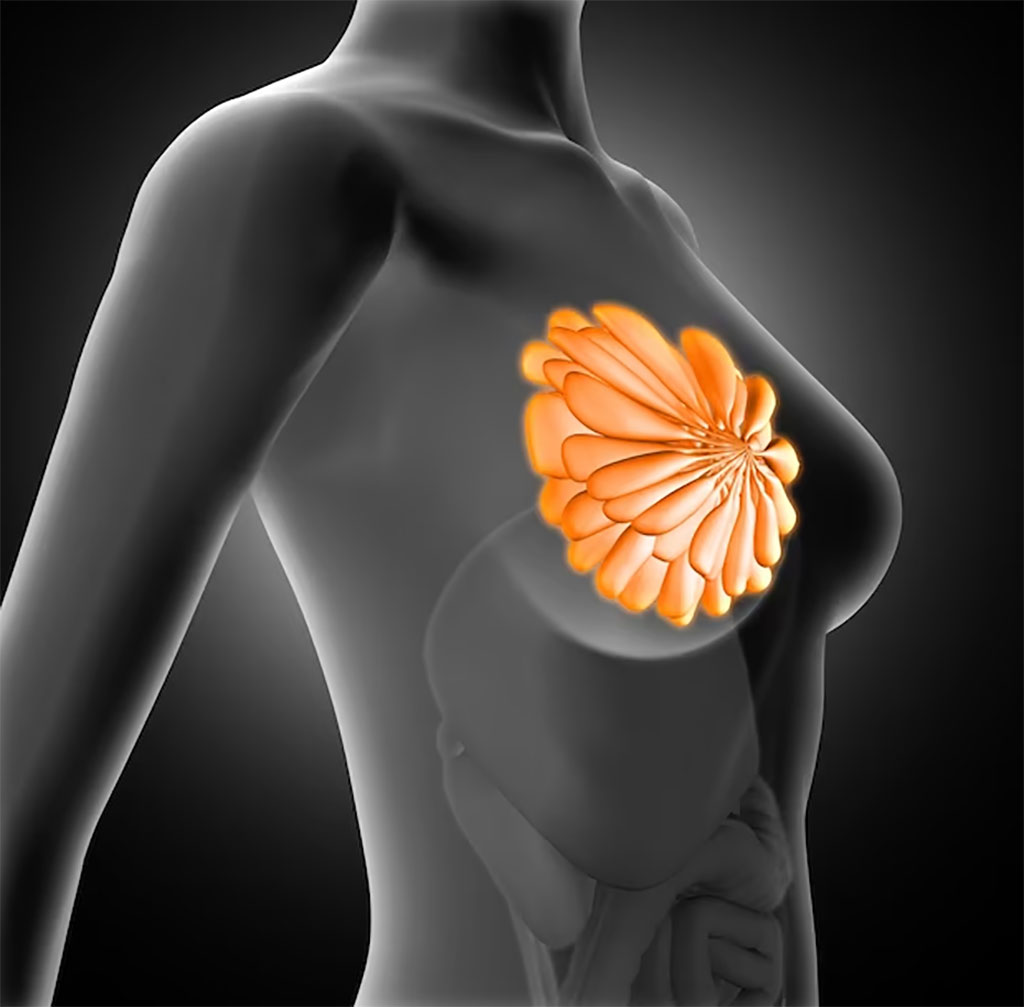AI System Mimics Radiologist’s Gaze to Read Mammograms for Early Breast Cancer Detection
Posted on 24 Jul 2023
A new artificial intelligence (AI) system that mimics the gaze of radiologists interpreting medical images, such as mammograms, can enhance the speed, precision, and sensitivity of medical diagnostics. In addition to facilitating early detection of breast cancer, it also holds the potential for addressing the shortage of radiologists through its applications in training and education.
Scientists at Cardiff University (Wales, UK) created the AI system using an advanced algorithm known as a convolutional neural network. This algorithm, designed to simulate neurons in the human brain and specifically modeled after the visual cortex, is ideal for processing images and assigning significance to different objects or elements within the image. The researchers' study findings revealed that the AI system can accurately predict the sections of an image that radiologists would likely focus on while forming a diagnosis. Although their study was focused on gaze prediction, the researchers believe that systems aiding decision-making could be the next step in the clinical applications of AI.

“With all of the challenges facing the NHS, it is important that we look to data science and AI for possible solutions,” said Dr. Hantao Liu, a Reader at Cardiff University’s School of Computer Science and Informatics and one of the study’s co-authors. “This doesn’t mean replacing people with robots but instead demonstrates how machine learning can support and augment the work of clinical professionals. In our study we’ve done just that, by developing a system which can work with radiologists to act like a critical friend or colleague during their medical diagnostic work and support decision-making arising from it.”
Related Links:
Cardiff University














